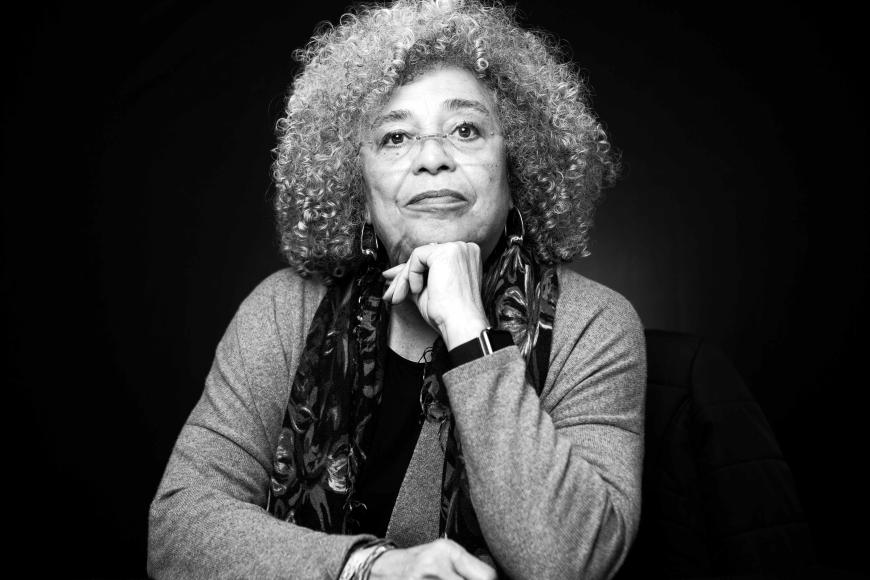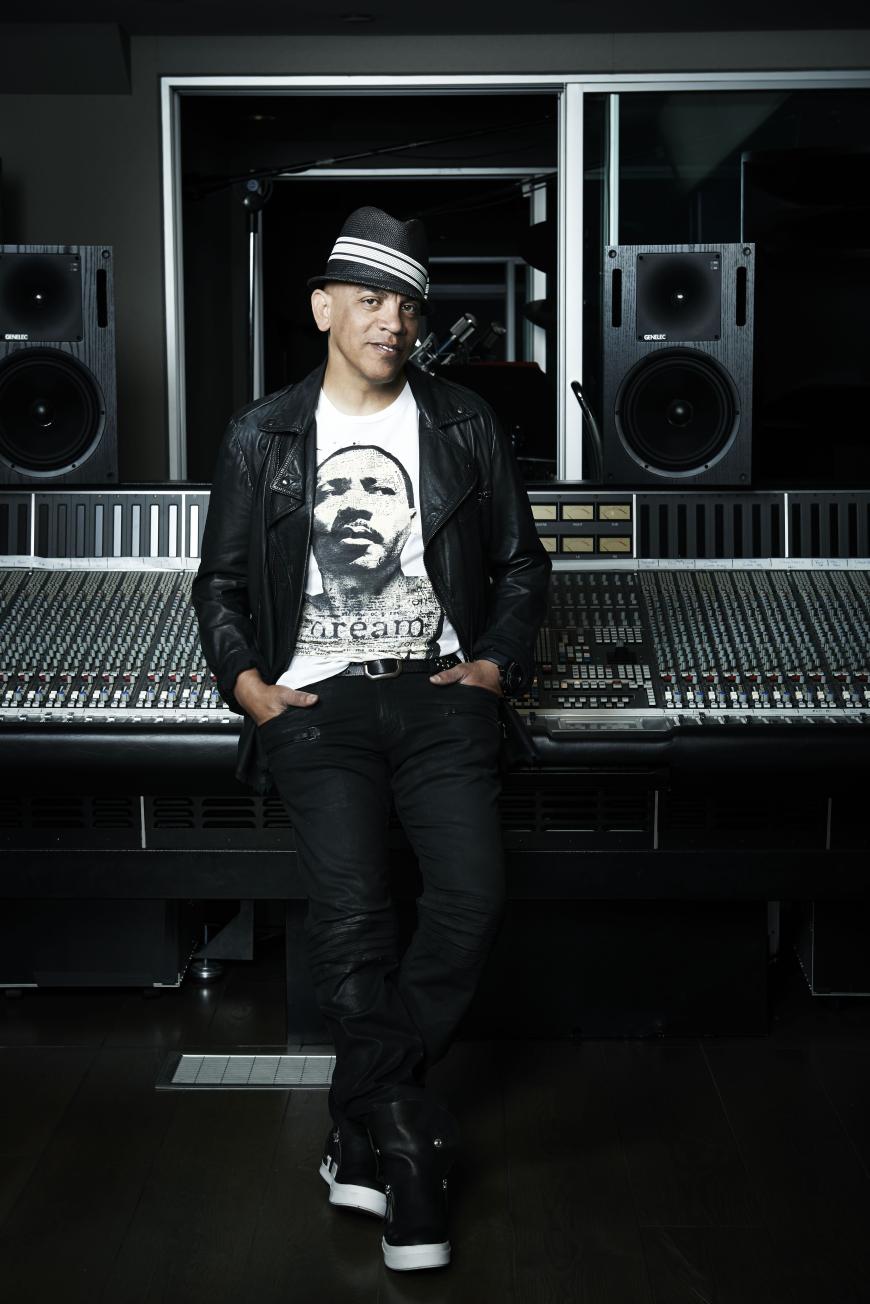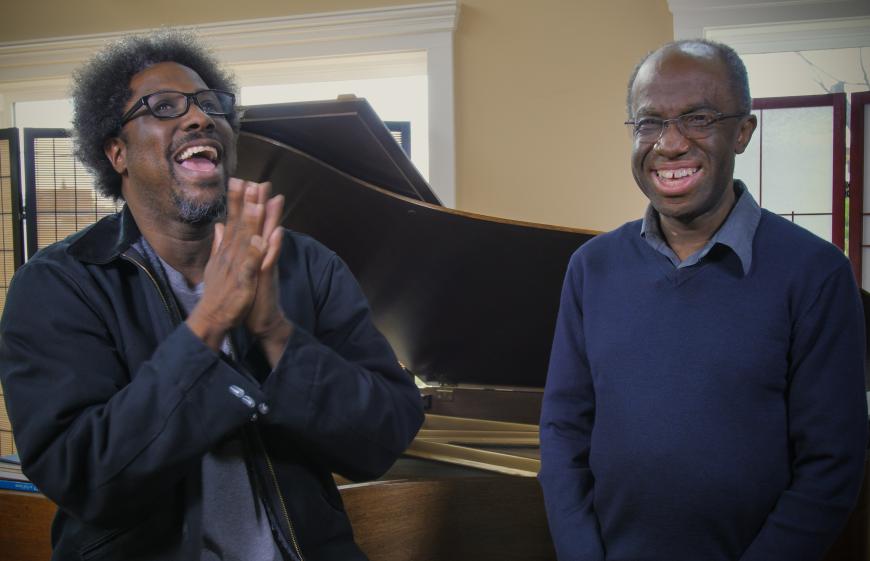
Nowadays, it’s easy to think of playlists — a ubiquitous format for music organization and consumption — as exercises in efficient, algorithmically-enhanced aggregation. This is the model major streaming platforms present to their customers through endless suggestions of “You May Also Enjoy.” But those who have had the experience of curating music themselves — making a playlist or burning a CD — know how deeply personal the exercise can be.
This personal resonance is the jumping-off point for the Oakland Symphony’s Playlist concerts, which began in 2018. The series started with late longtime Music Director Michael Morgan, explained Mieko Hatano, the orchestra’s executive director. “We all have our favorite music and stories that go along with that music. The idea was then to bring in who we all consider a great generational mind and to ask them what music has meant to them throughout their lives — how it’s encouraged, emboldened, or comforted them. That’s not really a format we’ve seen anywhere else.”

This year’s honoree, Angela Y. Davis, has built an indelible academic legacy in the Bay Area at the vanguard of activism, social justice, and leftist thought that politicizes the personal. On Oct. 21, the Oakland Symphony, led by conductor Rickey Minor and host W. Kamau Bell (the orchestra’s 2018 Playlist honoree), will hope to provide a novel perspective on Davis’s historic life and career.
Minor, who is leading his second Playlist program with the orchestra, is a strong promoter of this concert format’s ability to unlock such insights. After the 2022 edition, with friend and collaborator Debbie Allen, he was inspired to return because of the program’s depth. “This is not like a documentary, where you have to understand someone through [archival] footage. To be able to hear someone talk live about what music can do — the power it can have to inspire new emotional states and speak to peoples’ true selves, [with the curator] coming from a personal place and forging a really special connection with the audience — it’s really special both for the honoree and the audience.”
Minor spoke with reverence about the process of programming with Davis. “She was so analytical in our process, selecting music that would provide windows into interesting conversations. Many of the selections [revolve around the theme of] being able to think and express oneself freely, regardless of identity. I think it will be very powerful to hear her speak about this music and the moments it represents in her own voice.”
The conductor also spoke highly of having Bell as the event’s host, a new feature for the 2023 concert. “He is such a great interviewer, always getting to the point while making it engaging. That will open up the conversation and has allowed me to really focus on the music.”

On the subject of the music itself, Minor didn’t want to give too much away but indicated that the selections would cover quite some range, from operatic selections to jazz to popular songs with motivational or political messages. “And something to look out for is that she is a musician as well. But I’ll leave it there for now,” he said.
“The intersection of music and so much else — music and people, music and politics, activism, social justice, community — these aspects are what really interested [Michael Morgan] and, coupled with his sense of playfulness and fun, are what have made these concerts so unique,” said Hatano. And since Morgan’s death in 2021, it seems as if his vision for these playlists as personal, analytical, political, and central to the city of Oakland has persisted.




